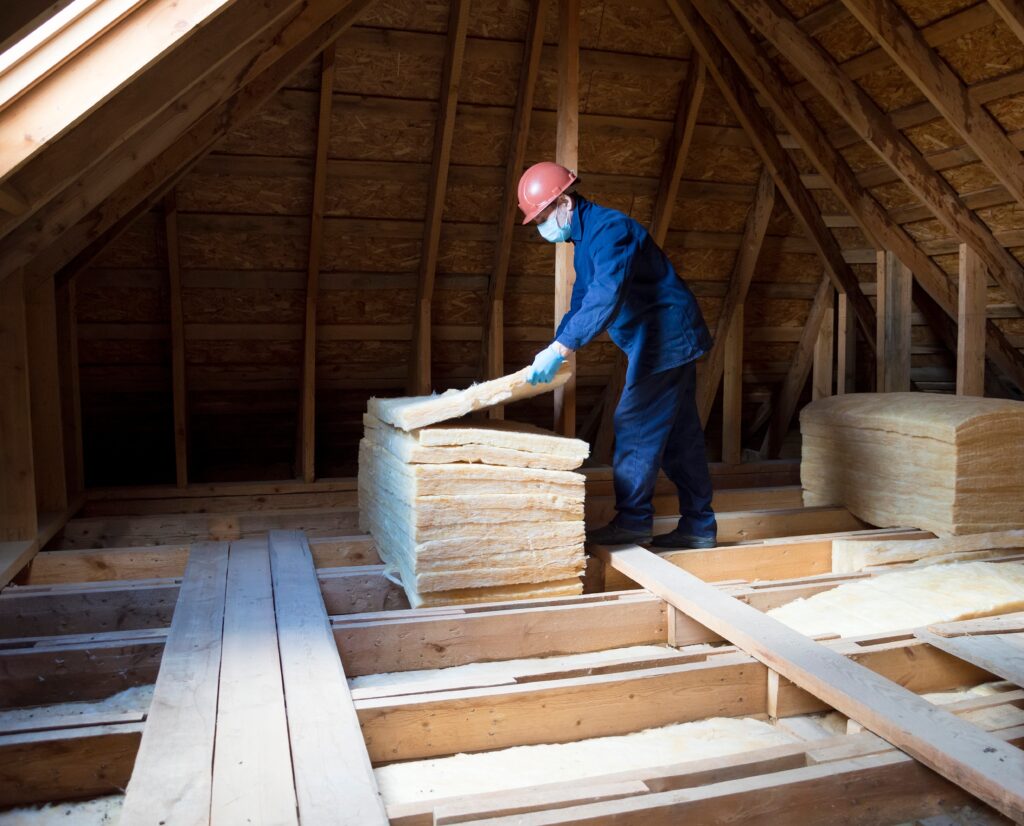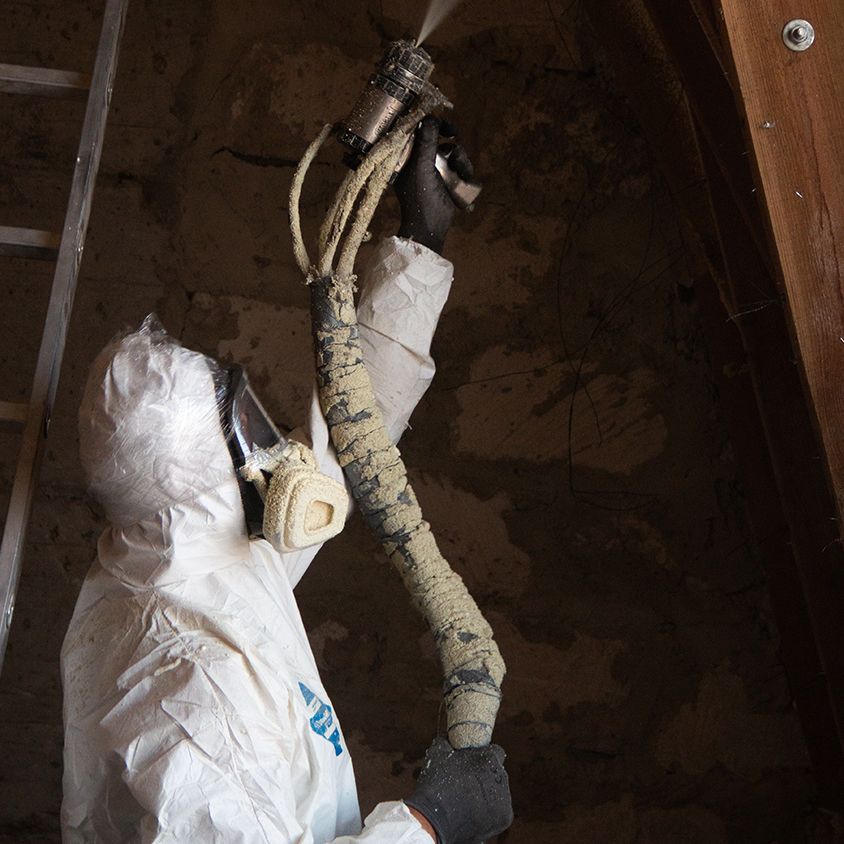When it comes to building or upgrading homes in Dallas, complying with Texas’s strict insulation codes isn’t just a box to check; it’s a necessity. These regulations are designed to ensure your home stays energy-efficient, safe, and up to code, so you don’t end up paying the price later. Insulation isn’t just about keeping your home cool in the blazing Texas heat or locking in warmth during those rare cold snaps; it’s about maximizing efficiency, cutting energy costs, and maintaining the structural health of your property.
For over 26 years, RM Insulation has been Fort Worth and Dallas’s go-to team for expert insulation solutions. Contact RM Insulation today to schedule your consultation and take the first step towards energy efficiency, compliance, and lasting results. Your project deserves the expertise of a team that’s been building smarter, not harder, since day one.
Key Requirements of the Texas Insulation Code
The Texas insulation code outlines critical standards to ensure that homes and buildings maintain energy efficiency and proper thermal protection. At the heart of these requirements lies the concept of R-value, which measures insulation’s resistance to heat flow. Higher R-values signify better insulating performance, which is essential for keeping homes comfortable and energy-efficient year-round.
To comply with Texas guidelines, wall and floor insulation must meet specific benchmarks based on the region, ensuring adequate energy retention and protection from extreme heat or cold. For attics, insulation standards are particularly stringent, as they are one of the primary areas where homes lose energy.
Here’s a breakdown of key regional requirements and attic standards in Texas:
- North Texas (Zone 3): Walls must have a minimum R-Value of R-20; attics require R-38 insulation for optimal performance.
- Central Texas (Zone 2): Walls must achieve R-values of R-13 or R-19 (depending on framing depth); attics need R-38.
- South Texas (Zone 1): Walls require R-13; attic insulation must meet a minimum R-value of R-30 due to warmer climates.
By adhering to these standards, homeowners throughout Texas can improve energy efficiency, lower utility costs, and ensure compliance with building codes and environmental regulations.
Why Texas Insulation Code Matters for Dallas Homeowners
For Dallas homeowners, adhering to the Texas insulation code is about enhancing daily living and securing long-term value for your home. Proper insulation plays a crucial role in maintaining energy efficiency and ensuring consistent indoor temperatures, even in the face of Texas’s scorching summers and occasional chilly winters. By meeting these standards, homeowners can enjoy a host of benefits that improve both comfort and safety.
Here’s why upholding Texas insulation codes and standards in your home is essential:
- Energy Efficiency: Minimize energy loss and reduce the strain on your heating and cooling systems.
- Cost Savings: Lower utility bills by optimizing how your home retains and resists heat.
- Preventing Moisture and Mold: Proper insulation helps control moisture, reducing the risk of mold growth and potential structural damage.
- Ensuring Home Comfort: Maintain a consistent indoor environment, free from drafts and hot or cold spots.
- Home Safety: Meet building codes that prioritize fire resistance and overall property safety.
Investing in code-compliant insulation means not only creating a comfortable and efficient living space but also protecting your home’s longevity and your family’s well-being.
Common Insulation Code Violations in Dallas Homes
Texas homeowners often face unintentional insulation code violations that can put both their home’s efficiency and structural integrity at risk. These violations, whether due to outdated insulation or improper installation methods, can lead to higher energy costs, uncomfortable living conditions, and even long-term damage to your property. Without compliance, your home may struggle to maintain its insulation effectiveness, leaving it vulnerable to moisture issues or temperature inconsistencies.
To prevent these problems, it’s essential to identify and address common code violations, such as:
- Inadequate R-values: Failing to meet the required insulation resistance levels, leaving your home poorly insulated and inefficient.
- Improper Installation Techniques: Leaving gaps, compressing insulation, or failing to seal joints, which diminishes overall performance.
- Moisture Barrier Issues: Absence or improper placement of vapor barriers can lead to trapped moisture, increasing the risk of mold or rot.
To safeguard your home and ensure it is up to code, it’s crucial to reach out to a professional insulation company. Experts can assess the current state of your insulation, identify code violations, and provide tailored solutions to restore your home’s energy efficiency and safety.
How RM Insulation Helps You Stay Compliant
When it comes to staying compliant with Texas insulation codes, RM Insulation has you covered. Whether you need professional assessments, removal of old or ineffective insulation, or high-performance installations like spray foam or fiberglass, our seasoned crew has you covered. RM Insulation doesn’t believe in one-size-fits-all solutions; we tailor our services to meet the unique needs of your home or commercial project, ensuring your insulation not only meets regulations but exceeds expectations.
By addressing existing code violations and ensuring proper installation techniques, we help maximize your home’s energy efficiency, lower utility bills, and keep your indoor spaces comfortable year-round. With years of experience and a commitment to excellence, RM Insulation can save you money while protecting your home’s value and safety. Contact RM Insulation today and ensure your home is up to code with reliable, professional insulation services designed to meet your needs.


